We’ve written about Why We Don’t See It Coming in the past. Very often we are not even aware of how far off we are. A billion is not just more than a million. It is 1000 times more. So when we talk about specific topics and issues, it is important to be precise if we’re to be taken seriously. So that’s what we will do here. We will look at the power production disaster in Texas from this month with an eye to what we can learn for the future. We will look at what happened. What they system was designed to do and sift through rhetoric to see if it matches reality. Because in the end we are interested in truth. Always truth.
Cold is not an absolute, tangible, thing in and of itself. Cold is a region on a scale of amount of heat. Where one person considers cold, another sees simply some less amount of heat.
However technical specifications are not personally subjective. They are what they are designed to be. Thus we should not be surprised when technical systems operate as they were designed to operate during extreme conditions. When water gets in an unheated gas line at very low temperatures, we must expect the freezing of those lines and the attendant disruption of flow. And if that disrupted flow brings power plants off line, then the system worked as designed. And herein lies the truth that not all unforeseen events we unforeseeable.
In the days after the widespread power outages in Texas this month, many left-leaning East Coast commentators were giggling at Texas receiving what they gleefully decided was Texas’s just desserts. At the same time, countless Texans were giving highly emotional defenses of their deliberately isolated power grid saying it worked as planned. And all schadenfreude aside, these two viewpoints are not mutually exclusive. The Texas grid did work as advertised and Texas did get just what they deserved because they built it that way.
I heard people directly say that others should worry about their own states and let Texans worry about themselves. That’s fine. I actually don’t spend any time worrying about Texas or any state, for that matter. They can worry about themselves. My interest is only in whether or not my colleagues and clients and my utilities and governance structures can learn from Texas’s deliberate decisions and the necessary outcomes of those decisions.
“Republicans are blaming renewable energy, when it’s the state’s powerful utilities that failed to prepare for the worst.” That was the lede on a New York Times piece by Richard Parker, author of Lone Star Nation: How Texas Will Transform America. A colleague, echoing the talking points floating around the news wrote to tell me how disingenuous that lede was: “When over 20% of your grid is renewable and that segment grossly underperforms in a time of need, the green lobby needs to be more honest with America.”
Lets unpack that. Texas may be the leading wind generating state in the country, but Texas only planned for wind accounting for 7% of their winter power needs. On the other hand, the day of the storms, Texas planned for 67 Gigawats of power to be produced from gas power plants but only could produce 43GW. So while conservative lawmakers, pundits and proud Texan retirees were telling anyone who would listen that it was renewables that did Texas in and thus the Green New Deal must never be allowed to pass, the gig was up and the evidence shows that argument to be a straw man.
“Contrary to some early hot takes, gas and coal were actually the biggest culprits in the crisis,” said Eric Fell, director of North America gas at Wood MacKenzie in a Bloomberg piece from Feb 20th. The article goes on to state that “as blackouts spread across the state, power was cut not only to homes and businesses but to the compressor stations that power natural gas pipelines — further cutting off the flow of supplies to power plants.” Meaning: You must have electricity to power the pumps which draw gas from the earth to fire the plants to produce electricity. With no reserves due to deliberate decisions to not maintain an inventory of reserves because the expectation that you can always pump more, you can’t produce when your pumps are frozen.
The Texas Tribune has published numerous excellent looks into the Texas power grid and why it is independent from the rest of the country (see here, here and here, for examples). Those are political decisions that must be understood as risk tradeoffs that were deliberately made when times were good. Texas politicians allow for minimal regulation of the industry in return for consistently low electricity prices and strong profits. The expectation that more gas can be pumped from the ground in times of need results in little if any reserve inventory on hand at any time. Although winter storms are common, devastating ones like this year’s and 2011’s have historically come about once a decade. So politicians can hold meetings and “look into” the system after a disaster, but don’t make any real changes, especially when the same industry funds their election campaigns.
Those politicians repeatedly perpetuate the rugged individualism narrative. Dan Balz, writing in the Washington Post said: “Former Texas governor and former U.S. energy secretary Rick Perry was quoted as saying that Texans would be willing to go without power for more than three days just to keep the federal government out of the state’s energy grid. Many Texas residents who spent part of the week shivering in their homes under multiple layers of clothing and blankets and now are dealing with burst pipes might offer a dissenting opinion.”
But when the state is “seconds and minutes” from a cascading failure that would take down it’s entire grid for potentially months, then perhaps rugged individualism can’t generate enough energy to do much more than flee for better climes. When a (now former) mayor tells his constituents “seeking heat or safe water to ‘sink or swim,’ declaring that city and county government ‘owes you nothing’ at such a moment”, you cannot expect people in that locality, that state and around the country to not take him seriously.
So the elephant in the room now is not Congress and the Green New Deal. It is not the big profits that Texas’s power cooperative made last year. It is not that there was a bad storm this year and that these types of storms are becoming more common over time. The big question is whether Texas will pay to modernize its power generation capability to prevent this type of disaster again.
Power generation in Siberia, Canada, Norway and Antarctica is not only possible in winter, but stable. That is because in those places the systems are designed to generate in brutal cold. Texas has had the opportunity to winterize after numerous past storms, but there has not been sufficient incentive in the form of government demands to force the industry to do so. People continuously move into the state each year, thus accepting risk themselves. Insurance companies pay out to their policy holders and raise rates across the state rather than attempt to sue the power companies.
The power companies say that the market is working. The people are paying every time this kind of disaster hits. Perhaps they would prefer to pay for it one more time in the form of a robust infrastructure so that future storms can be weathered instead of endured.
The lessons here are clear for leaders in all industry and government and for people considering where to live. Unforeseen does not mean unforeseeable. States have the absolute right to their own unique culture, politics and regulatory environment. But they should not pretend to be outraged or surprised when their systems work as designed.
Keep thinking…

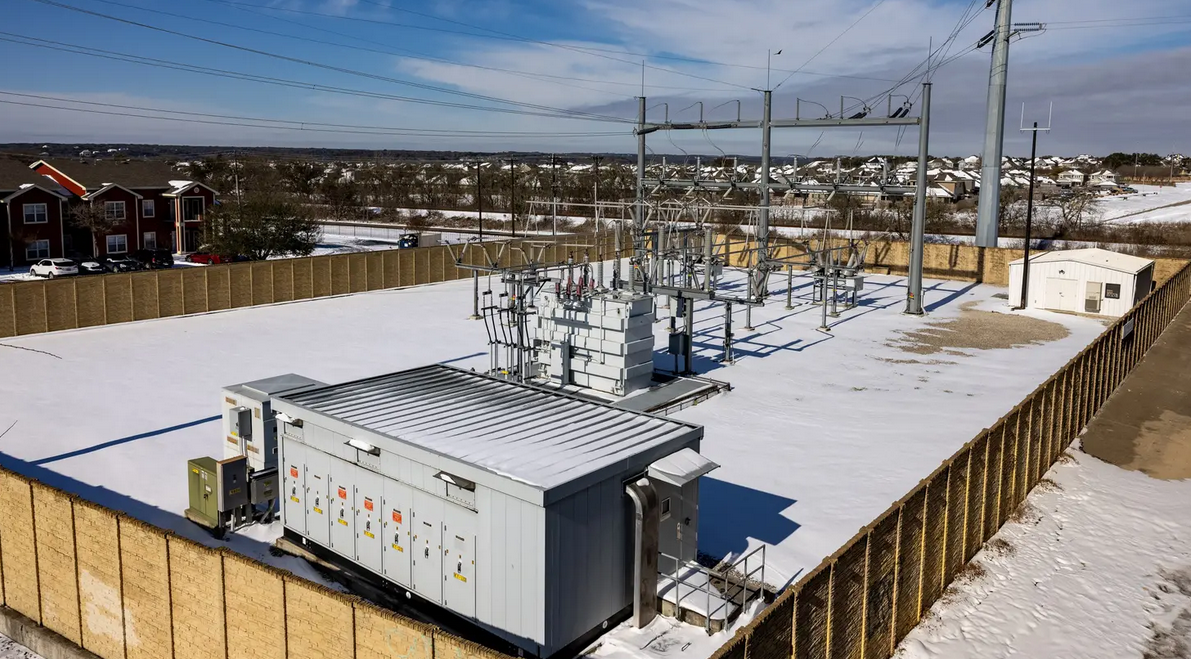
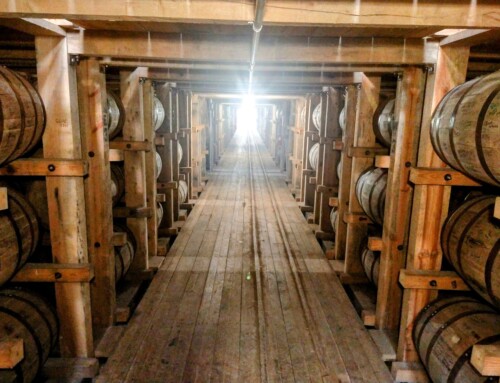
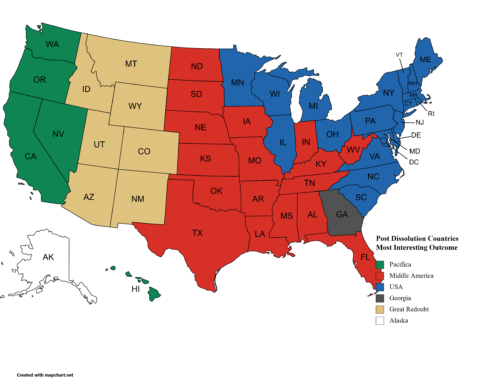
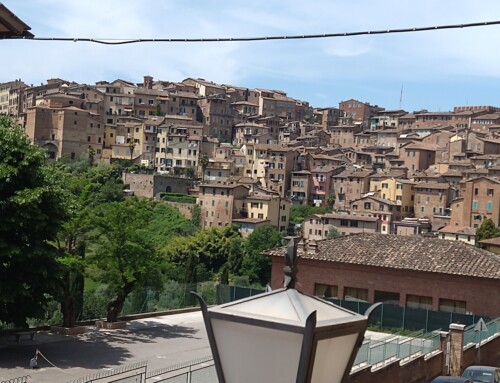
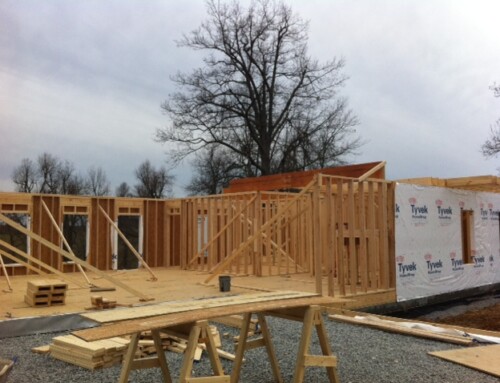
Leave A Comment